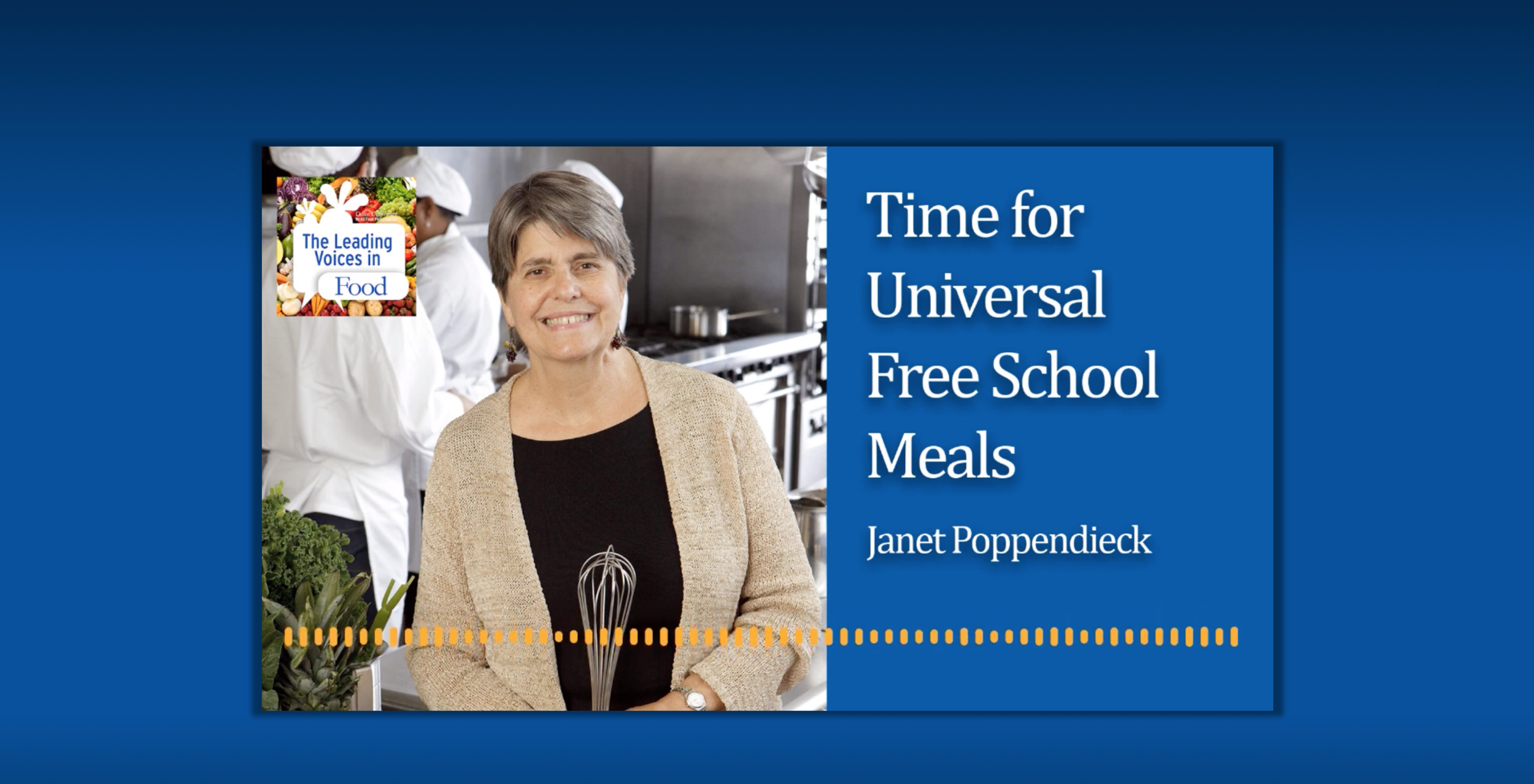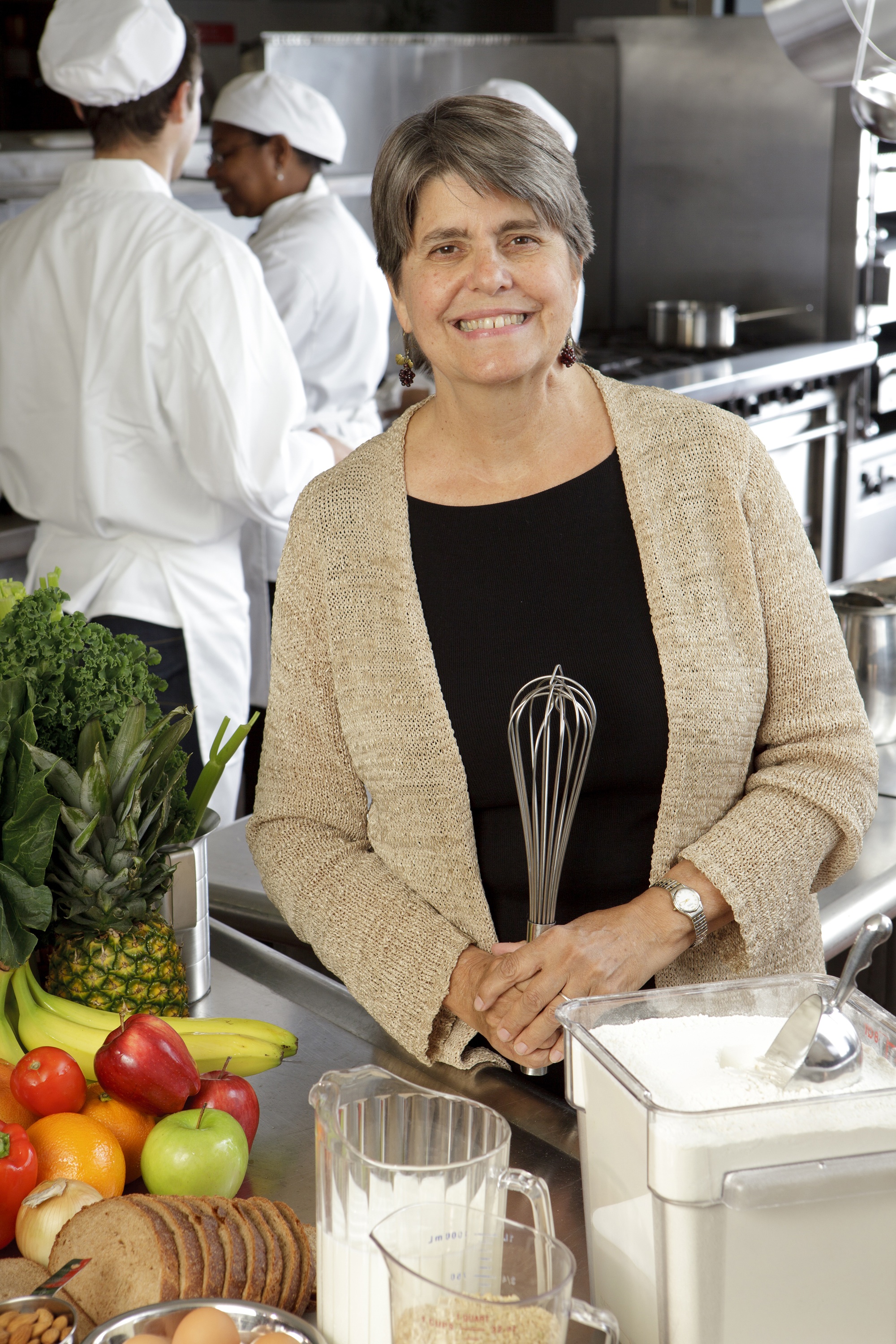

This study demonstrates that such a narrow understanding of the labor of lunch devalues care and undercuts the potential for school food provisioning to promote ecological and feminist goals. It makes visible the social and environmental costs of the “heat-and-serve” economy, where widely used metrics consider only the speed and volume of service as productive work.


This contribution draws on political economy, critical food studies, and feminist economics to analyze the US National School Lunch Program, one of the world’s oldest and largest government-sponsored school lunch programs. The particular organization of these programs has consequences for public health, social justice, and ecological sustainability.

Afghanistan, Alaska/Hawaii, Algeria, Angola, Armenia, Australia, Azerbaijan Republic, Bahrain, Bangladesh, Belarus, Benin, Bhutan, Botswana, Burkina Faso, Burundi, Cameroon, Cape Verde Islands, Central African Republic, Chad, China, Comoros, Côte d'Ivoire (Ivory Coast), Democratic Republic of the Congo, Djibouti, Egypt, Equatorial Guinea, Eritrea, Ethiopia, Gabon Republic, Gambia, Georgia, Ghana, Guinea, Guinea-Bissau, Iraq, Jordan, Kazakhstan, Kenya, Kuwait, Kyrgyzstan, Lebanon, Lesotho, Liberia, Libya, Macedonia, Madagascar, Malawi, Maldives, Mali, Mauritania, Mauritius, Mayotte, Mongolia, Morocco, Mozambique, Namibia, Niger, Nigeria, Oman, Pakistan, Puerto Rico, Qatar, Republic of the Congo, Reunion, Russian Federation, Rwanda, Saint Helena, Saudi Arabia, Senegal, Seychelles, Sierra Leone, Somalia, South Korea, Sri Lanka, Tajikistan, Tanzania, Togo, Tunisia, Turkmenistan, US Protectorates, Uganda, Ukraine, United Arab Emirates, Uzbekistan, Virgin Islands (U.S.Public school lunch programs in the United States are contested political terrains shaped by government agencies, civil society activists, and agri-food companies.


 0 kommentar(er)
0 kommentar(er)
